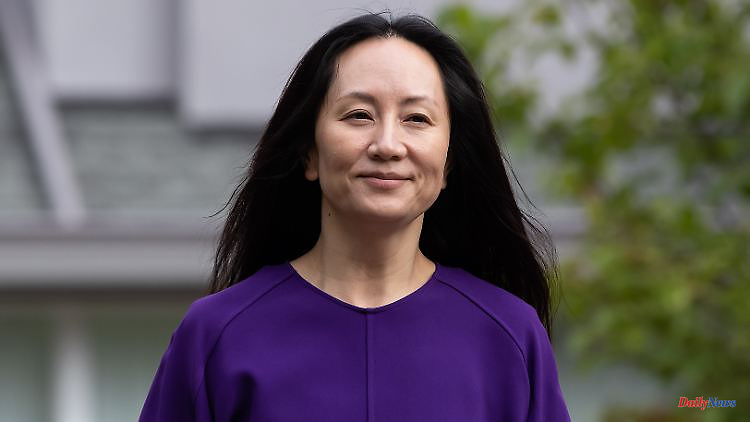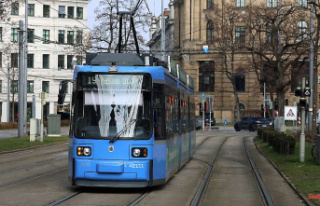Meng Wanzhou has been under house arrest in Canada for three years for alleged bank fraud. Now the 51-year-old wants to become the boss of the Chinese telecom giant Huawei. This could exacerbate the conflict with the USA.
A politically sensitive personnel decision is pending at the head of the Chinese telecom giant Huawei. The daughter of the company founder, Huawei CFO Meng Wanzhou, who was once targeted by the US judiciary, is to take over the rotating chairmanship of the group on April 1 for the first time. According to Kreise, a succession plan for her 78-year-old father Ren Zhengfei should be initiated.
The rise of the 51-year-old to the top management could increase the massive political reservations in the USA against Huawei. According to press reports, US President Joe Biden is currently considering tightening sanctions against the company. Huawei could therefore be completely denied access to semiconductors from important US suppliers such as Qualcomm or Intel. The US raises security concerns, which Huawei dismisses as unfounded.
The daughter of the company's founder became a central figure in the conflict with the United States when she was arrested in Canada at the end of 2018 at the request of the US judiciary on charges of bank fraud to circumvent sanctions against Iran. Meng Wanzhou was held under house arrest in Vancouver for three years and fought a legal battle against extradition to the United States. China increased pressure on Canada by arresting two Canadians suspected of spying in China.
Diplomats spoke of "hostage politics". In September 2021, after a deal with US prosecutors - in return for the release of the two Canadians - Meng Wanzhou was able to return to her homeland, where she was hailed as a heroine. The chapter was only closed last December when US prosecutors asked the New York court to close the case.












